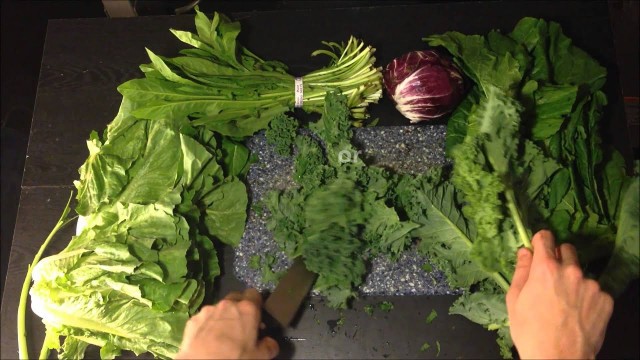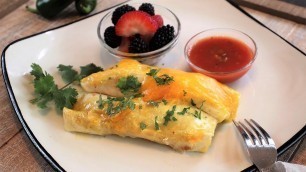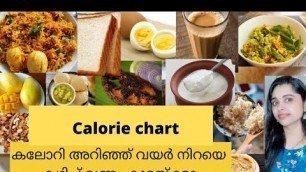

'Bearded Dragon Diet & Nutritional Facts: Kale Raw Nutritional Stats (% indicates amount of HUMAN daily intake for reference only) Nutritional value per 100 g (3.5 oz) Energy 117 kJ (28 kcal) Carbohydrates 5.63 g - Sugars 1.25 g - Dietary fiber 2 g Fat 0.4 g Protein 1.9 g Water 91.2 g Vitamin A equiv. 681 μg (85%) - beta-carotene 8173 μg (76%) - lutein and zeaxanthin 18246 μg Thiamine (vit. B1) 0.053 mg (5%) Riboflavin (vit. B2) 0.07 mg (6%) Niacin (vit. B3) 0.5 mg (3%) Vitamin B6 0.138 mg (11%) Folate (vit. B9) 13 μg (3%) Choline 0.4 mg (0%) Vitamin C 41 mg (49%) Vitamin E 0.85 mg (6%) Vitamin K 817 μg (778%) Calcium 72 mg (7%) Iron 0.9 mg (7%) Magnesium 18 mg (5%) Manganese 0.416 mg (20%) Phosphorus 28 mg (4%) Potassium 228 mg (5%) Sodium 23 mg (2%) Zinc 0.24 mg (3%) Facts and Tips Kale has recently been called a \"Superfood\" as well as the trendy topic of numerous health articles for its amazing balance of nutritional value. While perhaps its been blown a little out of proportion, Kale really does have a great balance of different vitamins and nutrients making it a great choice as an occasional ingredient in your dragon salads. Kale seems to have a favorable flavor to most bearded dragons making it both a great treat as well as a good veggie choice for dragons that aren\'t eating greens, being picky or even younger dragons that need to learn to eat greens. While most dragons LOVE Kale, we have noticed that 1 out of every 10-15 just will not eat it. It\'s interesting it works out that way, and we have no absolute answer as to why but we can assure you most dragons love the stuff. Use Kale only occasionally as it is high in oxalates. Oxalates can complicate the body\'s ability to process calcium, leading to bone density issues. While this is bad even for humans in excess, it is especially bad for domesticated dragons living inside simply because even a high quality UV lamp doesn\'t come close to the UV of the real sun. Because pet dragons are already at a disadvantage for bone strengthing UV rays, doing anything else detrimental to their bone strength is a bad idea. DON\'T fear Kale, it is still a great veggie for dragons, simply just don\'t use it every week. Our current diet program is broken down into 4 week long segments, and for 1 week out of the month we include Kale in our dragons daily greens. One week a month is a pretty fair reference for how often to include Kale in your dragons diet. How to Prepare for Dragons: Remove all leafy greens from the main stem and collect into a pile. Chop into smaller pieces first cutting across and then perpendicularly to get easy to eat pieces. If feeding to babies, cut much smaller into a fine chopped mix. The smaller the pieces the better. How Often to Feed Your Dragon Kale As mentioned above, Kale is a great veggie but with high oxalates it\'s not a good idea to over do it. With that said, we feed our dragons Kale for one week out of every four and figure that is a pretty solid opportunity to take advantage of the great nutrients in Kale without endangering a risk of the oxalates creating any complications. Have any questions? Let us know in the comments below! Visit our site at www.BeardedDragonSource.com Statistical Source* Wikipedia @ http://en.wikipedia.org/wiki/Kale'
Tags: Cooking , Recipe , eating , diet , Health , Food , pet , dragons , mix , Creature , animals , Dragon , animal , ball , kale , creatures , Dieting (Symptom) , python , spider , feeding , Snake , bearded , lizards , lizard , eats , Nutrition (Medical Specialty) , bearded dragon , gecko , Vegetable (CSA Product) , Diet (Website Category) , snakes , Reptile , beardie , beginning , POGONA , VITTICEPS , beardeddragonsource , beardy , vitticep , Evolution Dragons
See also:

















comments